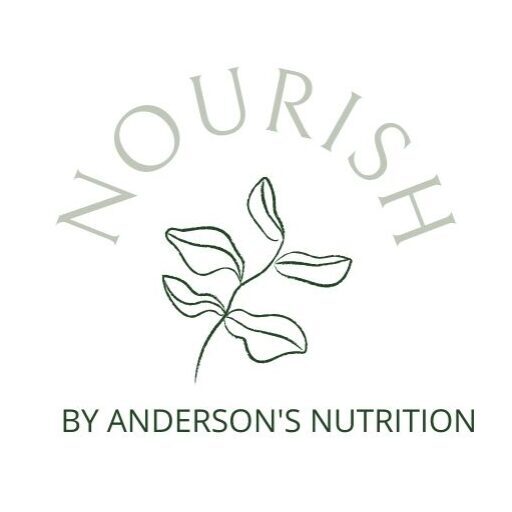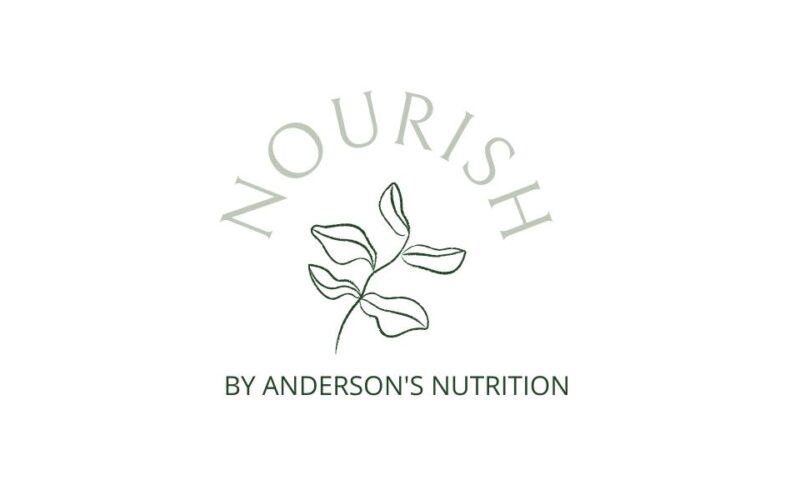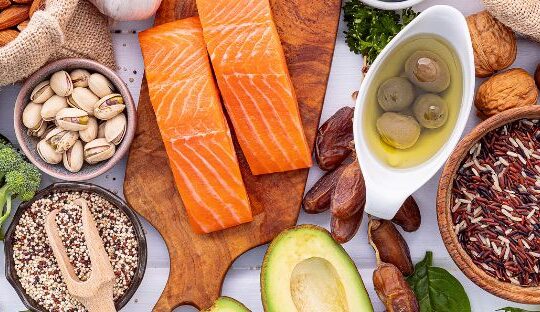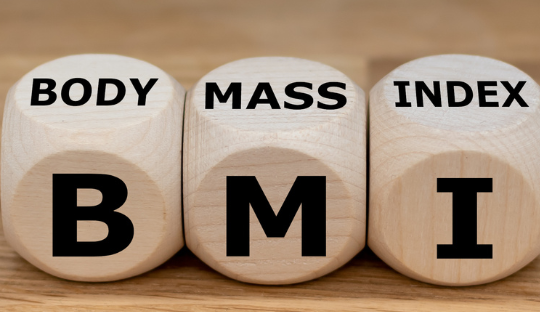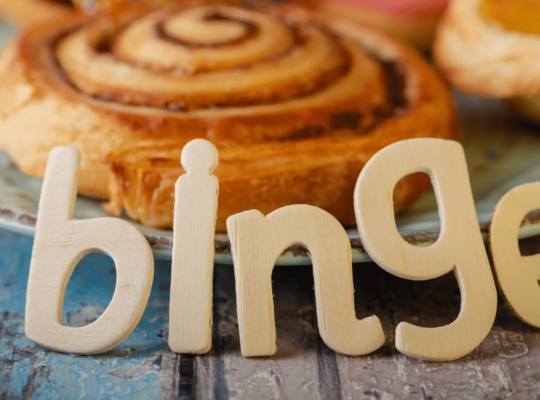Having the right tools and resources is an important part of healing your relationship with food. Whether you’re recovering from an eating disorder, supporting a loved one in recovery, or just trying to escape diet culture, this resource library for you!
Books & Literature
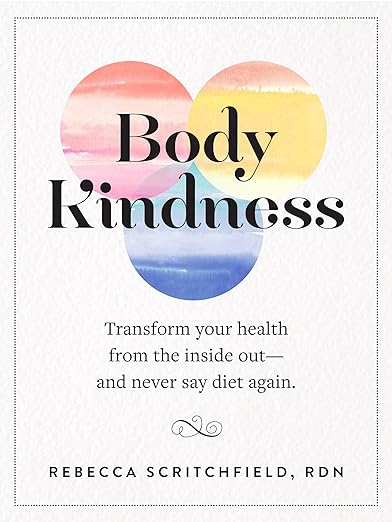
This practical, inspirational, and visually lively book shows you the way to a sense of well-being attained by understanding how to love, connect, and care for yourself—and that includes your mind as well as your body.
Body Kindness is based on four principles.
WHAT YOU DO: the choices you make about food, exercise, sleep, and more
HOW YOU FEEL: befriending your emotions and standing up to the unhelpful voice in your head
WHO YOU ARE: goal-setting based on your personal values
WHERE YOU BELONG: body-loving support from people and communities that help you create a meaningful life
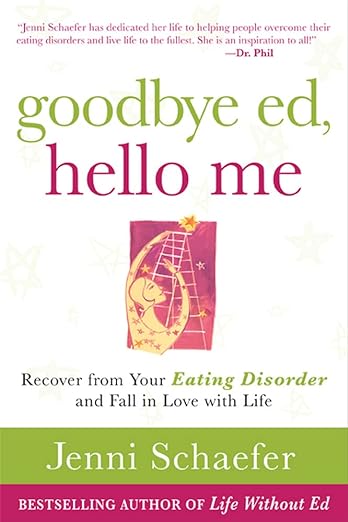
In Goodbye Ed, Hello Me Jenni shows you that being fully recovered is not just about breaking free from destructive behaviors with food and having a healthy relationship with your body; it also means finding joy and peace in your life.
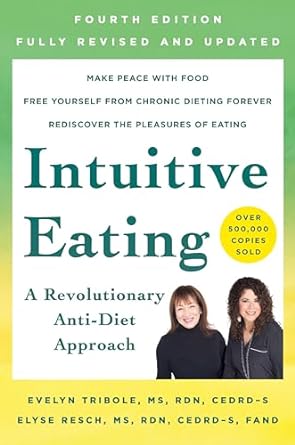
The authors, both prominent health professionals in the field of nutrition and eating disorders, urge readers to embrace the goal of developing body positivity and reconnecting with one’s internal wisdom about eating―to unlearn everything they were taught about calorie-counting and other aspects of diet culture and to learn about the harm of weight stigma. Today, their message is more relevant and pressing than ever. With this updated edition of the classic bestseller, Evelyn Tribole and Elyse Resch teach readers how to:
• Follow the ten principles of Intuitive Eating to achieve a new and trusting relationship with food
• Fight against diet culture and reject diet mentality forever
• Find satisfaction in their food choices
• Exercise kindness toward their feelings, their bodies, and themselves
• Prevent or heal the wounds of an eating disorder
• Respect their bodies and make peace with food―at any age, weight, or stage of development
• Follow body positive feeds for inspiration and validation
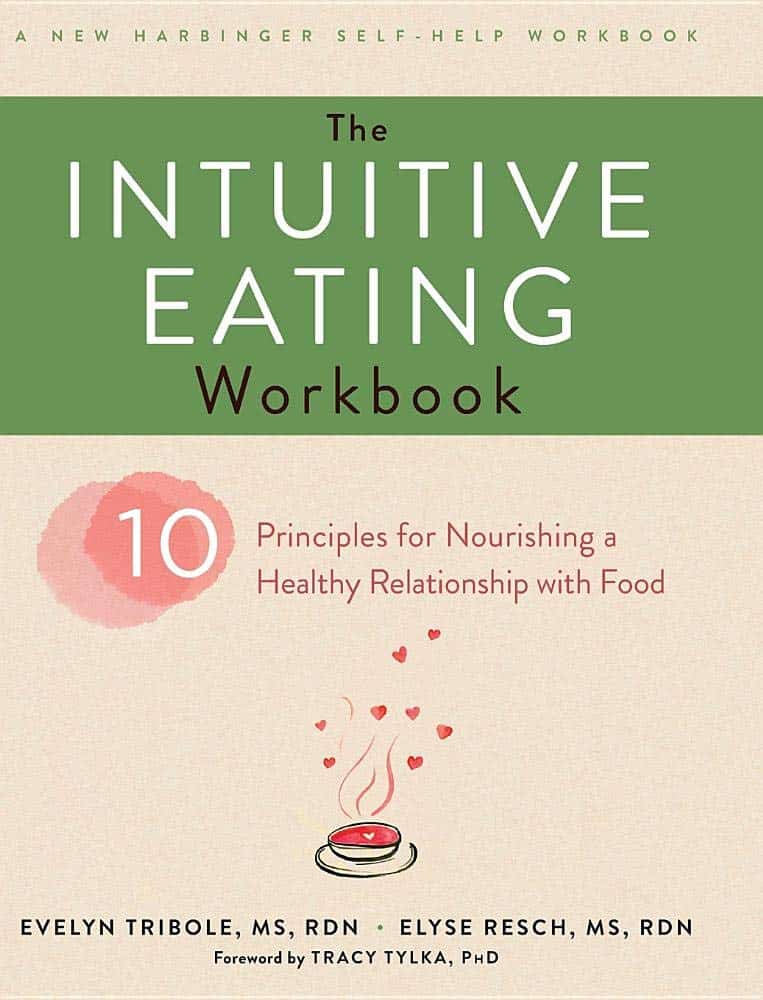
The Intuitive Eating Workbook offers a new way of looking at food and mealtime by showing you how to recognize your body’s natural hunger signals. Structured around the ten principles of intuitive eating, the mindful approach in this workbook encourages you to abandon unhealthy weight control behaviors, develop positive body image, and—most importantly—stop feeling distressed around food!
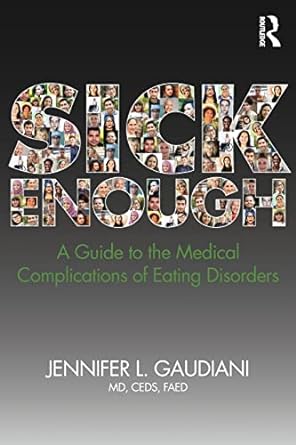
Sick Enough offers patients, their families, and clinicians a comprehensive, accessible review of the medical issues that arise from eating disorders by bringing relatable case presentations and a scientifically sound, engaging style to the topic. Using metaphor and patient-centered language, Dr. Gaudiani aims to improve medical diagnosis and treatment, motivate recovery, and validate the lived experiences of individuals of all body shapes and sizes, while firmly rejecting dieting culture.
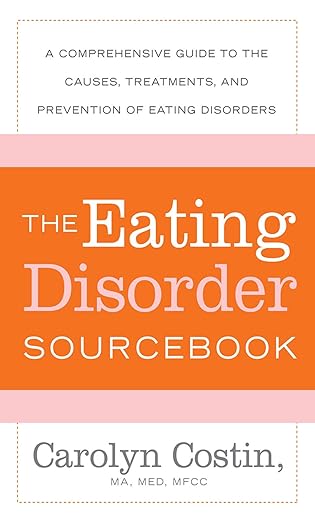
Therapist Carolyn Costin, herself recovered from anorexia, brings three decades of experience and the newest research in the field together, providing readers with the latest treatments, from medication and behavioral therapy to alternative remedies.
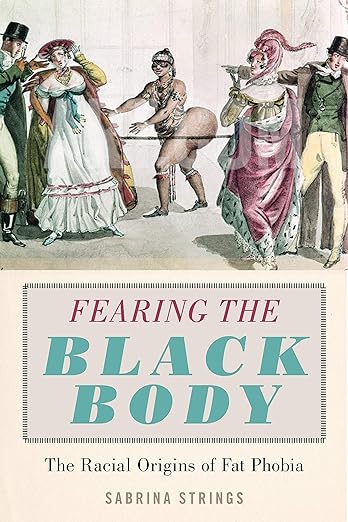
Strings weaves together an eye-opening historical narrative ranging from the Renaissance to the current moment, analyzing important works of art, newspaper and magazine articles, and scientific literature and medical journals―where fat bodies were once praised―showing that fat phobia, as it relates to Black women, did not originate with medical findings, but with the Enlightenment era belief that fatness was evidence of “savagery” and racial inferiority.
An important and original work, Fearing the Black Body argues convincingly that fat phobia isn’t about health at all, but rather a means of using the body to validate race, class, and gender prejudice.
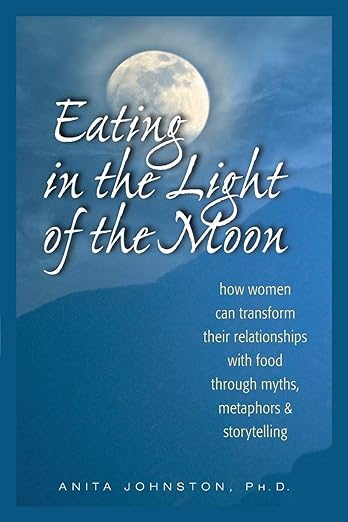
By weaving practical insights and exercises through a rich tapestry of multicultural myths, ancient legends, and folktales, Anita Johnston helps the millions of women preoccupied with their weight discover and address the issues behind their negative attitudes toward food.
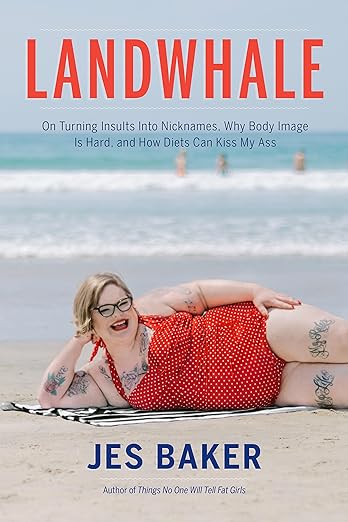
A deeply personal take, Landwhale is a glimpse at life as a fat woman today, but it’s also a reflection of the unforgiving ways our culture still treats fatness, all with Jes’s biting voice as the guide.
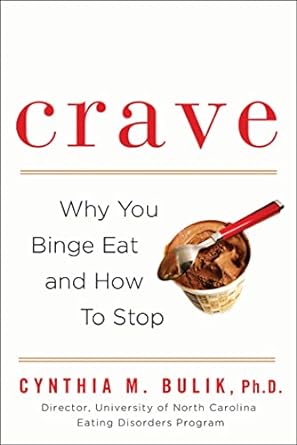
Crave helps readers understand why they crave specific foods, recognize their individual triggers, and modify their responses to those triggers. Binge eating disorder is highly treatable; 70% to 80% of patients at the UNC Eating Disorders Program triumph over their binge eating by using techniques to “curb the crave”. Through the stories of some of these patients–men and women, young and old–and with the guidance of Bulik, readers will develop a variety of strategies to use in conquering their cravings and establishing healthy eating habits.
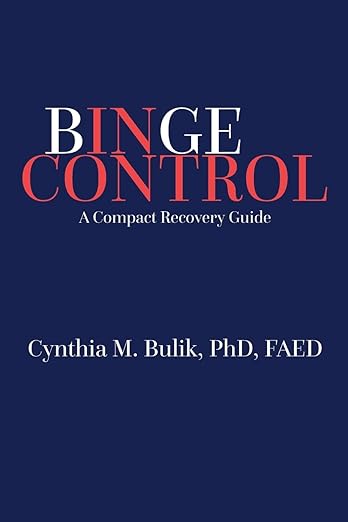
Binge Control is a compact guide to understanding binge eating disorder (BED) and a companion to Crave: Why You Binge Eat and How to Stop. It is designed to help people who have BED better understand their condition and their treatment options and to help family members and friends of individuals with BED provide understanding and support to their loved ones during recovery.
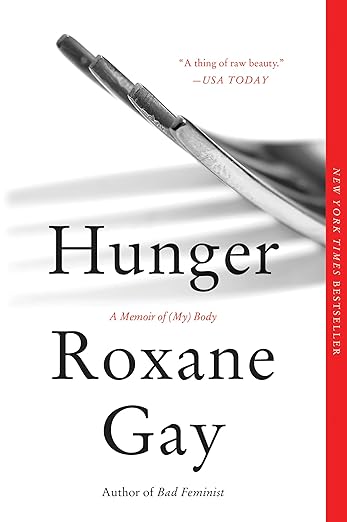
In Hunger, she explores her past—including the devastating act of violence that acted as a turning point in her young life—and brings readers along on her journey to understand and ultimately save herself.
With the bracing candor, vulnerability, and power that have made her one of the most admired writers of her generation, Roxane explores what it means to learn to take care of yourself: how to feed your hungers for delicious and satisfying food, a smaller and safer body, and a body that can love and be loved—in a time when the bigger you are, the smaller your world becomes.
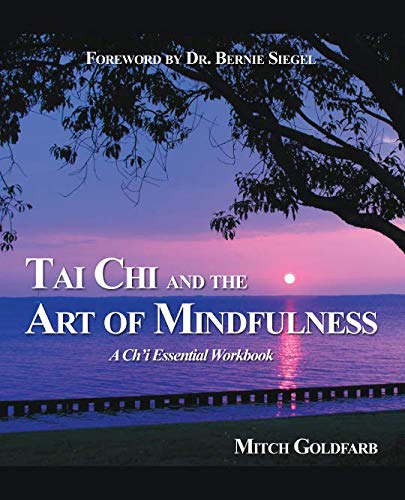
Playful and revealing, Mitch Goldfarb’s collection of Ch’i Essential activities leads the reader on an adventure of exploring mindfulness in daily life through living the Tai Chi principles. These principles are the keys to the kingdom of inner peace and empowerment.
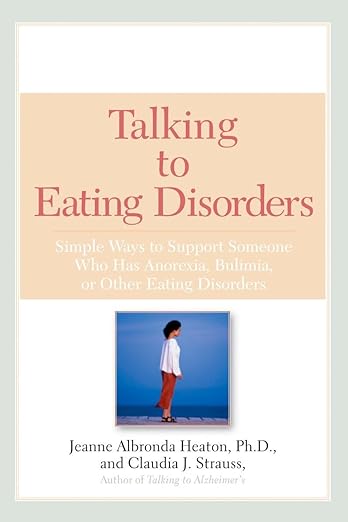
This compassionate guide offers ways to tackle the tough topics of body image, media messages, physical touch, diets, and exercise-along with a special section on talking about these issues with children. It includes information about when to get professional help, how to handle emergencies, and answers to difficult questions such as “Am I too fat?” or “Is this ok to eat?”
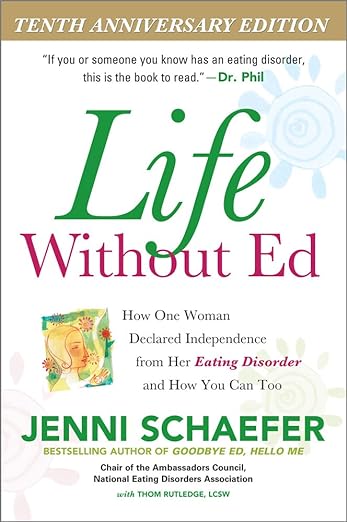
Inspiring, compassionate, and filled with practical exercises to help you break up with your own personal E.D., Life Without Ed provides hope to the millions of people plagued by eating disorders. Beginning with Jenni’s “divorce” from Ed, this supportive, lifesaving book combines a patient’s insights and experiences with a therapist’s prescriptions for success to help you live a healthier, happier life without Ed.
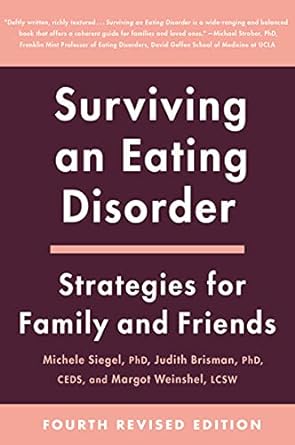
Surviving an Eating Disorder is the first book for family and friends to use a psychological perspective to understand eating disorders. Other treatment manuals or self-help books propose change but Surviving is the first to consider why change can be so hard for everyone involved. The factors that can hinder progress are discussed and the methods that can work are emphasized. Illustrated with case examples, this fourth edition explains the latest treatments and provides the necessary tools to carefully evaluate what can be most effective for each reader’s individual care.
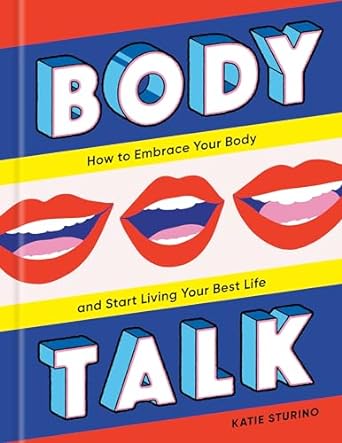
With Body Talk, an illustrated guide-meets-workbook, Sturino is here to help you stop obsessing about your body issues, focus on self-love, and free up space in your brain for creative and productive energy. Complete with empowering affirmations, relatable anecdotes, and actionable takeaways, as well as space to answer prompts and jot down feelings and inspirations, Body Talk encourages you to spend less time thinking about how you look and what you eat and more time discovering your inner fierceness.
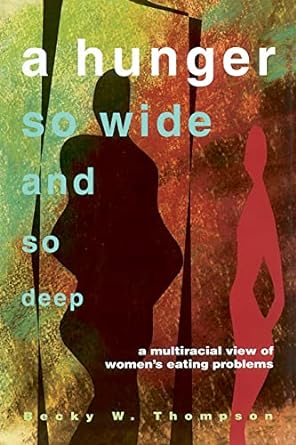
Becky W. Thompson shows us how race, class, sexuality, and nationality can shape women’s eating problems. Based on in-depth life history interviews with African-American, Latina, and lesbian women, her book chronicles the effects of racism, poverty, sexism, acculturation, and sexual abuse on women’s bodies and eating patterns. A Hunger So Wide and So Deep dispels popular stereotypes of anorexia and bulimia as symptoms of vanity and underscores the risks of mislabeling what is often a way of coping with society’s own disorders.
Podcasts & Talks
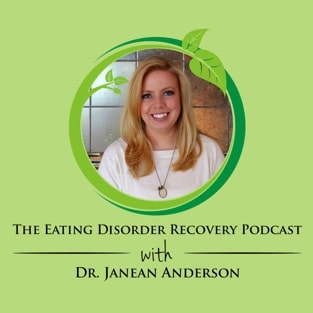
#recovery #treatment #psychology
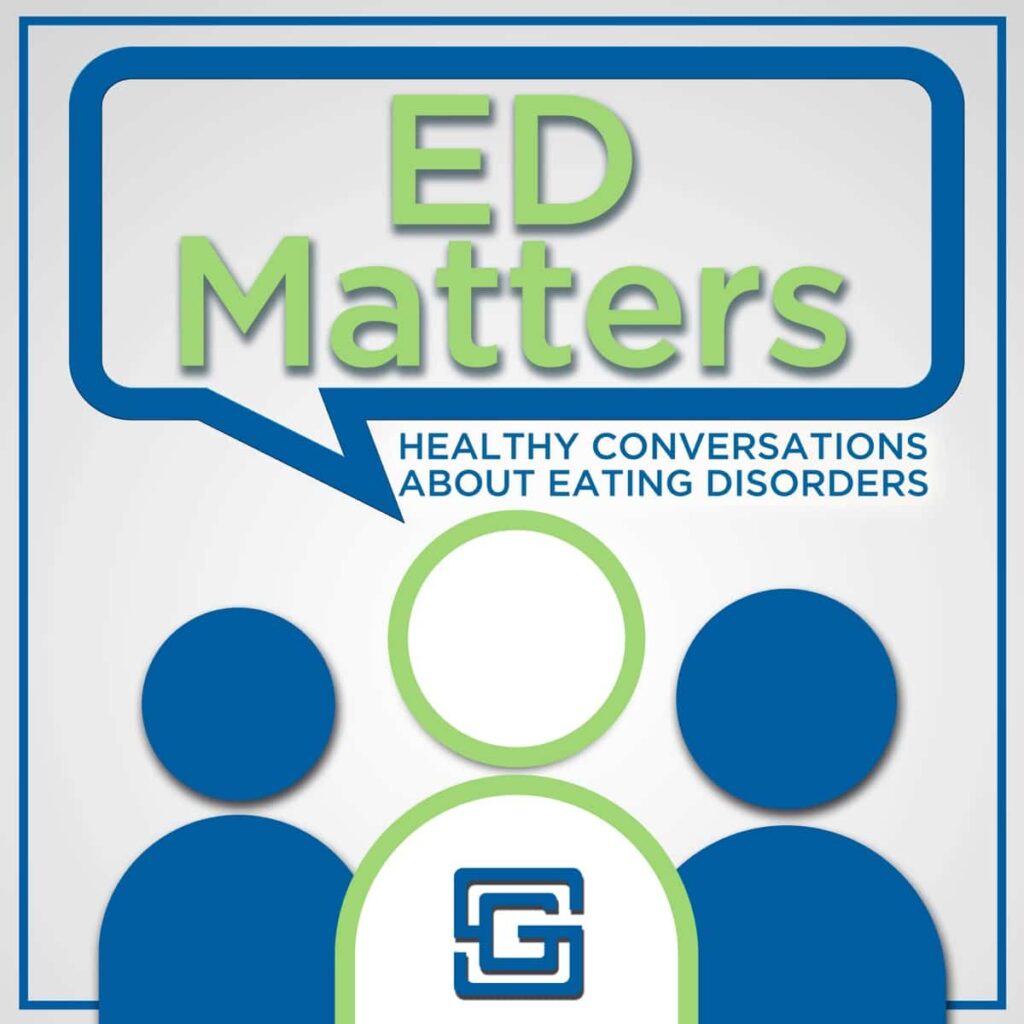
#infoforcaretakers #treatment #recovery
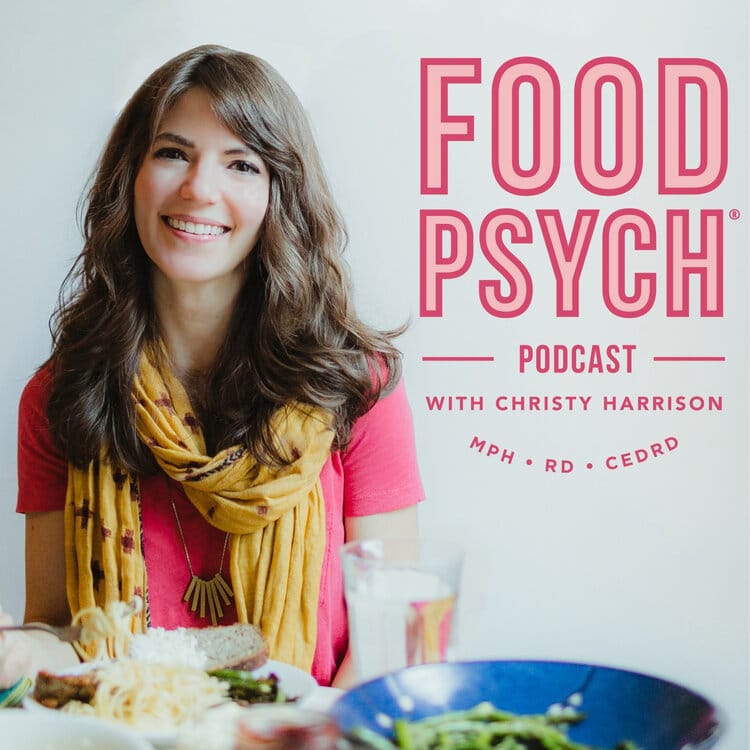
#bodyimage #HAES #intuitiveeating #antidiet
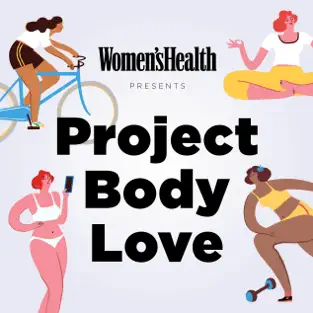
#bodyimage #positivity #selfacceptance

#recovery #treatment

#antidiet #HAES
If you or a loved one are struggling and looking for additional support, we’re here to help. Set up a call with one of our Nourish program dietitians today to learn how you can get started.
